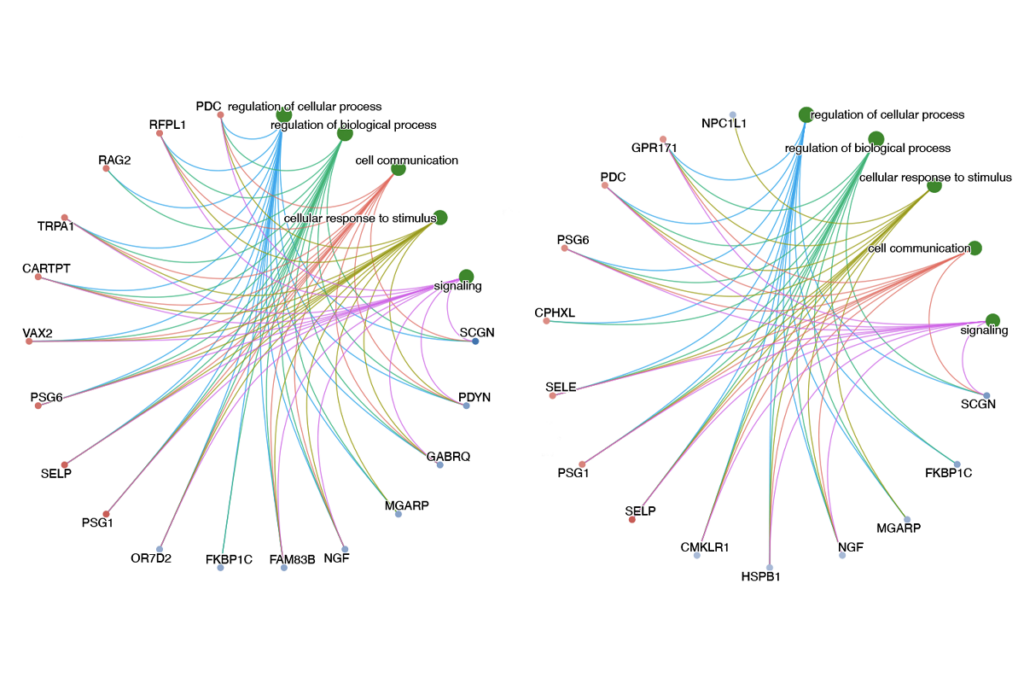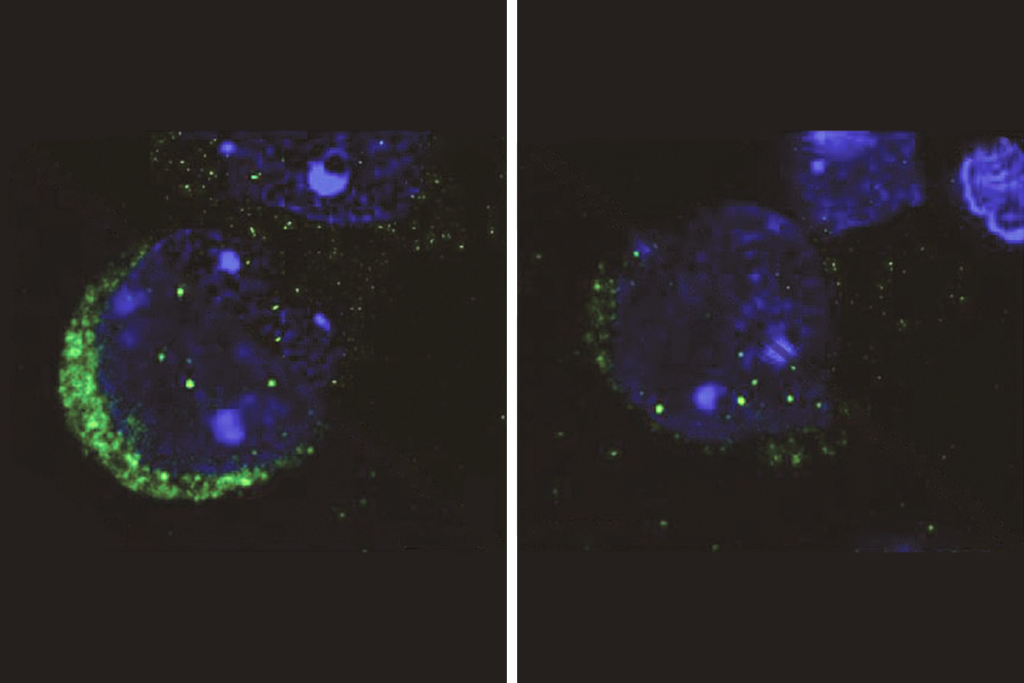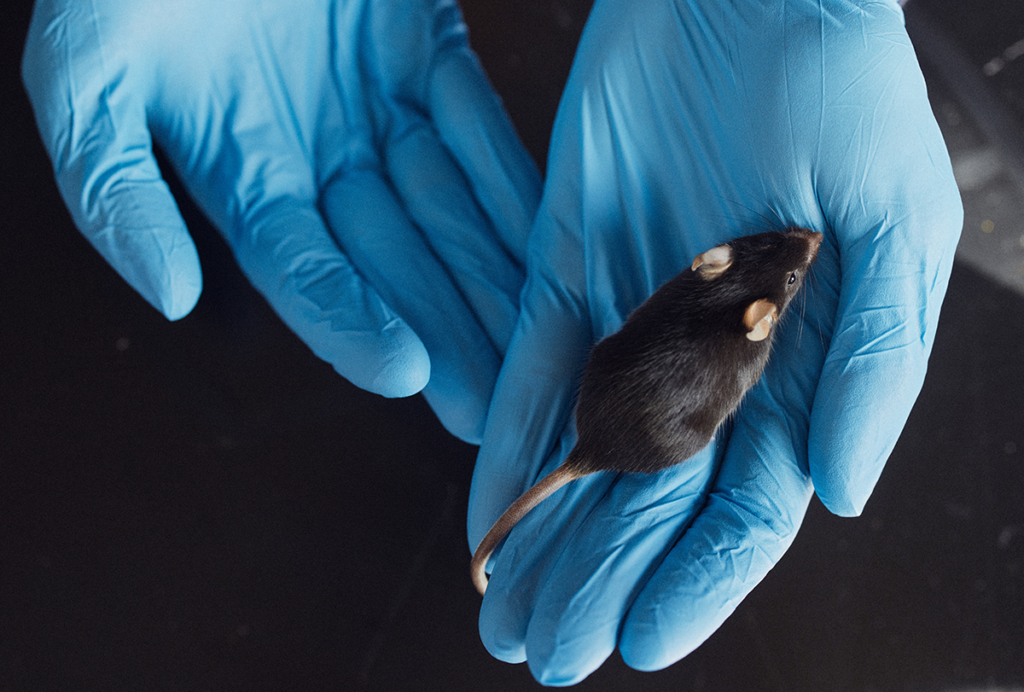Altering epigenetic changes
Targeting epigenetic mechanisms may offer potential new therapies for people with developmental disorders including autism, researchers said today at the Society for Neuroscience meeting.
Targeting epigenetic mechanisms may offer potential new therapies for people with developmental disorders including autism, researchers said today at the Society for Neuroscience meeting.
Epigenetics refers to modifications of the DNA sequence, such as the addition of a methyl group, that can alter gene expression without changing the sequence. Environmental factors such as stress or diet can trigger DNA methylation, making a gene either more or less likely to be expressed. These changes, even when triggered in childhood, can last into adulthood.
Epigenetic effects on one gene in particular ― brain-derived neurotrophic factor or BDNF ― have been linked to the etiology of psychiatric disorders by altering the formation of new synapses.
Epigenetic regulation of BDNF may help explain learning and memory deficits across several neuro-developmental disorders such as schizophrenia and autism-related disorders, reported Farah Lubin, an assistant professor of neurobiology at the University of Alabama in Birmingham.
“We find thereʼs active DNA methylation across the BDNF gene,” Lubin said. “When we block these DNA-methylating enzymes we can change the pattern of gene expression and memory.”
Cell culture studies show that neuronal activity triggers activation of BDNF, which in turn accentuates the transmission of chemical signals between neurons. Mice lacking this gene have deficits in signaling and sprout fewer synapses.
Learning exactly how BDNF and other genes are influenced by epigenetics will be the next step toward developing therapies, said Li-Huei Tsai, professor of neuroscience at the Picower Institute for Learning and Memory at Massachusetts Institute of Technology.
“So far thereʼs just overwhelming evidence that increased chromatin remodeling can induce new synaptogenesis, new spine formation and therefore enhance synaptic plasticity,” she added.
For all reports from the Society for Neuroscience, click here.
Recommended reading

New tool may help untangle downstream effects of autism-linked genes

NIH neurodevelopmental assessment system now available as iPad app

Molecular changes after MECP2 loss may drive Rett syndrome traits
Explore more from The Transmitter

Organoids and assembloids offer a new window into human brain

Who funds your basic neuroscience research? Help The Transmitter compile a list of funding sources
